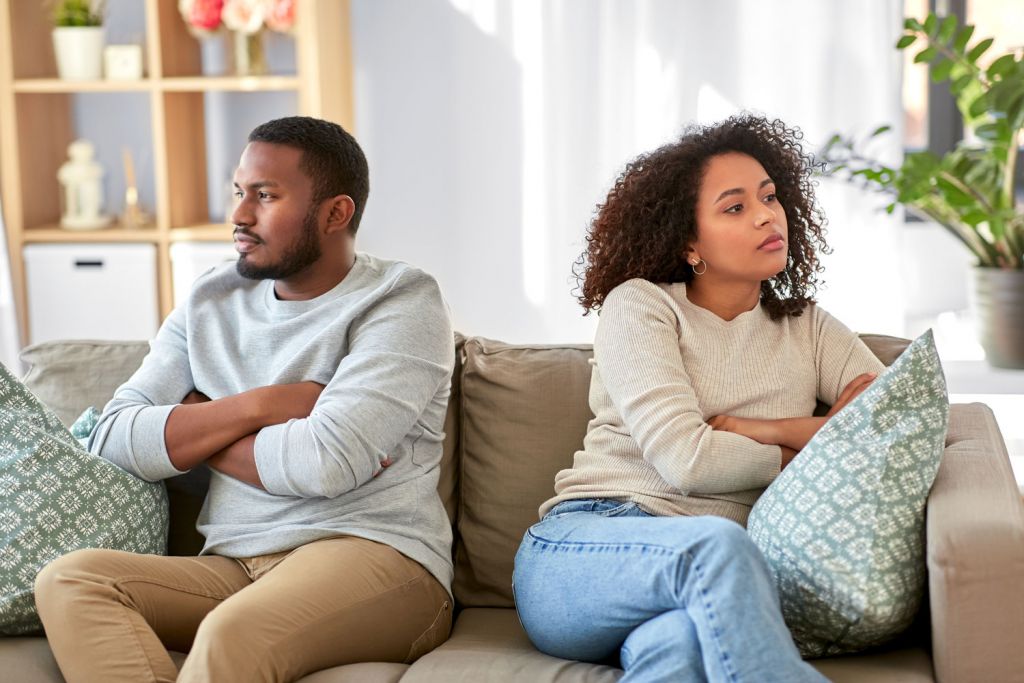
With 14 years’ experience in family law matters, Samantha Jago, a partner at DMH Stallard offers advice to those who feel they are suffering from domestic abuse during the lockdown.
Samantha Jago says: “Whilst lockdown will present its challenges for all families, for some, it is a potentially life-threatening situation. With the weekly outlet of going to work or school removed, victims of domestic abuse will find themselves cut off from the outside world and extremely vulnerable.
“With limited space to move around, trying to avoid the relentless mental chipping away and, for some, the odd slap or punch, is the sad reality of COVID-19.
“Indeed, some abusers will use it as an opportunity to wield total control over their families.”
![]()
Samantha has detailed below many of the issues victims will be subject to and dealing with.
![]()
The key message is that you do not have to put up with this behaviour due to COVID-19.
The Home Secretary, Priti Patel, confirmed last week that victims of domestic abuse are still allowed to leave home – the central message being that no one should put up with unwanted behaviour. But what options are there and how do you go about protecting yourself, and your family, during a lockdown?
Am I suffering from domestic abuse?
It can be very hard for a victim to recognise that they are suffering from domestic abuse, they will often excuse the behaviours they are suffering from, and in many cases, it simply becomes their norm, and they do not question the behaviours at all. Abusers are manipulative and will often make victims feel that the abuse they suffer is deserved. For many abusers, they will claim that they are, in fact, the victim due to some alleged wrongdoing of the victim.
Many wrongly believe that domestic abuse is just physical abuse, but this is wrong. It can include:
- Financial control – such as not allowing a victim access to money, taking their money, questioning bank transactions or controlling what they can spend.
- Abusing someone online, i.e. via text messages, Facebook, breaking into their emails, monitoring websites the victim visits and so forth.
- Verbal abuse – which can include name-calling, repetitively going on about some slight they perceive they have suffered, belittling someone.
- Coercive control – this can include controlling your relationships with other people, telling you how to dress when to speak, where you can go and so forth.
- Gas lighting – this is a form of psychological manipulation in which a person puts doubt into the mind of another, making them question their memory, perception, judgement, and so forth.
- Emotional abuse – can include humiliation, controlling you, telling you that you have ‘mental health issues’, destroying your possessions, threatening to hurt you, and so forth.
- Sexual abuse – making unwanted sexual demands, pressuring you to have sex and so on.
Domestic Abuse Just Affects Women Doesn’t It?
Domestic abuse does not discriminate; it affects every gender, age group, sexuality, religion, disability, and so forth. It is not just limited to people in a romantic relationship, or from the working classes, it can be between the elderly and caregivers, children and their parents, siblings, and so forth. One of the most moving cases I represented was a man who was suffering from extreme coercive control and it took him enormous courage to seek support in addressing those unwanted behaviours and taking back control of his life.
I think I am suffering from Domestic Abuse – what can I do?
- If you are in immediate danger, call 999. It may sound dramatic, but the Police are there to help. Only last week did I receive a call from a distressed client who I had to advise to call the Police. The Police attended and were wonderful. They removed the abuser and stayed with my client for three hours until they felt safe.
- But what if you can’t speak on the phone? If you are in danger and unable to speak on the phone, then call 999 and press 55. This will transfer your call to the relevant police force that will assist you without you having to speak.
- Get in touch with a charity that can help. There are many charities that can help such as; The National Domestic Abuse Helpline, Women’s Aid, Men’s Advice Line, Galop, Surviving Economic Abuse, Your Sanctuary etc. Hestia allows you to download a mobile app and Chayn provides help online in a number of different languages.
- Apply for a Non-Molestation Order and/or Occupation Order – this is a civil injunction to stop unwanted behaviour and, if necessary, remove an abuser for a period of time, and possibly permanently, from the property you share. The Courts are still open despite COVID-19. You can make these applications on your own, but they are complicated, and it is best to get a family solicitor to help. Legal aid is available for domestic abuse cases. Your solicitor will also be able to advise you regarding arrangements for the children and finances. Applying for these Orders will trigger litigation and could result in a number of Hearings. However, they are normally made on a ‘without notice’ basis, meaning you could get the Order on the same day you apply for it and have the abuser immediately removed from the property. It will also give the Police the power to arrest them if they breach the Order.
I Think Someone I Know if Suffering Domestic Abuse – what can I do?
Let them talk to you if they can. Do not be judgmental by rushing in and telling them that they must leave their partner or what to do. It takes enormous courage for a victim to simply open a dialogue about what they are suffering, so be prepared to listen.
If the victim will not (or cannot) take action and you have concerns speak to the Police by calling 101 unless you believe they will suffer immediate harm, in which case call 999. You are not interfering and are potentially taking the steps necessary to protect someone who might not be able to protect themselves. If you do not feel comfortable calling the Police then consider getting in touch with a charity for more advice or contact a family lawyer.
I Have Abused in the Past, and I am Concerned I might do Again?
If you recognise that your own behaviour is not acceptable, then you are one step closer to taking control of it. There are many online courses you can undertake during the lockdown period. You should also ring the Respect Phoneline on 0808 8024 040 for support.
If I Seek Help, They will Take my Children Into Care Won’t They?
Any call to the Police regarding domestic abuse will, in turn, trigger a referral to Social Services if you have children. Social Services will then call you to make sure you and your children are in a safe environment. Social Services are often perceived as the enemy, but they will always seek to work with you to ensure your children are properly protected. Often Social Services will just want to know that the abuser is no longer in the property and what steps you are taking to safeguard your children. They are reluctant to remove children from their homes unless they absolutely need to, so be prepared to have a dialogue with Social Services and work with them to ensure the entire family is protected.
Although the above offers options for many victims, it takes enormous courage to seek support for domestic abuse without the added pressure of COVID-19. However, if you can find the courage to stand up to your abuser then be reassured that help is out there and waiting for you now so that you can start moving towards taking back control of your life.
Read more lifestyle news articles and guides in our dedicated wellness section here.
![]()




You must be logged in to post a comment.